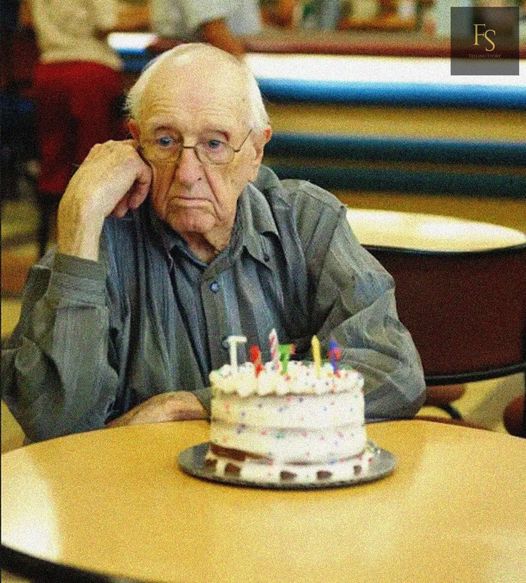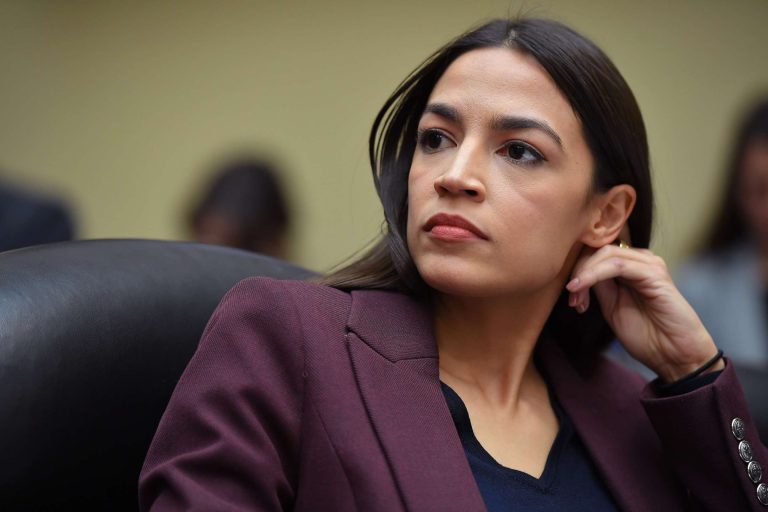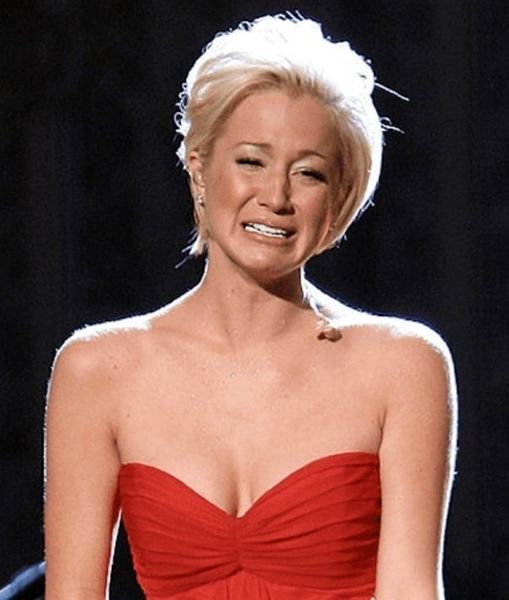WATCH: Trump Lawyer Humiliates Ketanji Brown Jackson During Immunity Arguments At SCOTUS
The U.S. Supreme Court met on Thursday to hear arguments regarding former President Donald Trump’s immunity claims, during which an attorney for the president dunked on Justice Ketanji Brown Jackson after she suggested immunity would create a “worse problem” for the country.
Audio of the interaction circulating on X shows attorney D. John Sauer schooling Justice Jackson on the history of presidential expectations around criminal culpability.“We view the prosecution of a chief executive as something that everybody cried out against,” he told the court, referencing writings by Benjamin Franklin and President George Washington’s fear of “factional strife” leading to an unconstitutional prosecution of a current or former president.
It wasn’t long before Jackson cut him off while theorizing about a “regime” that needs reining in by the courts.“If the potential for criminal liability is taken off the table, wouldn’t there be a significant risk that future presidents would be emboldened to commit crimes with abandon while they’re in office?” she asked him, citing a past decision that said presidents “might” be prosecuted.
“That might be what has kept this office from turning into the kind of crime center that I’m envisioning,” she said.
“I respectfully disagree with that, because the regime you’ve described is the one we’ve operated under for over 234 years,” Sauer shot back.
WATCH:
President Trump, who remains stuck in New York court throughout his hush money trial, is eagerly awaiting the Supreme Court’s decision on a matter that could potentially throw out every case against him. The Republican has maintained his innocence and argued in repeated cases that he is immune both from actions taken in office as well as in subsequent private life.
Jack Smith, the Justice Department official who has brought two federal cases against Trump, has pushed the court to rule expeditiously on presidential immunity and gone so far as to suggest he will go around the highest court’s decision if it proves unfavorable.
Arguments throughout Thursday morning dredged up complicated historical situations where other U.S. presidents may have been charged with crimes under today’s laws.
During questioning, Justice Samuel Alito asked U.S. attorney Michael Dreeben, “What about President Franklin D. Roosevelt’s decision to intern Japanese Americans during World War II, could [he] in fact have been charged under 18 U.S.C. 241 conspiracy against civil rights today?”
“Yes,” Dreeben replied if domestic internment based on race occurred today, “given this court’s decision in … Trump v. Hawaii.”
Justice Jackson also questioned why, if immunity is enjoyed, was former President Richard Nixon pardoned for alleged crimes in office.“What was up with the pardon for President Nixon? I think that if everybody thought that presidents couldn’t be prosecuted, then what was that about?” she asked Sauer.
“Well, he was under investigation for both private and public conduct at the time,” replied the defense counsel.
During opening arguments, Trump’s attorneys submitted that the presidency would be under attack if the nation’s leader were opened up to criminal prosecution for every official act.
“The President cannot function, and the Presidency itself cannot retain its vital independence, if the President faces criminal prosecution for official acts once he leaves office,” Trump’s attorneys wrote in their opening brief to the high court.“Denial of criminal immunity would incapacitate every future President with de facto blackmail and extortion while in office, and condemn him to years of post-office trauma at the hands of political opponents,” they argued.






